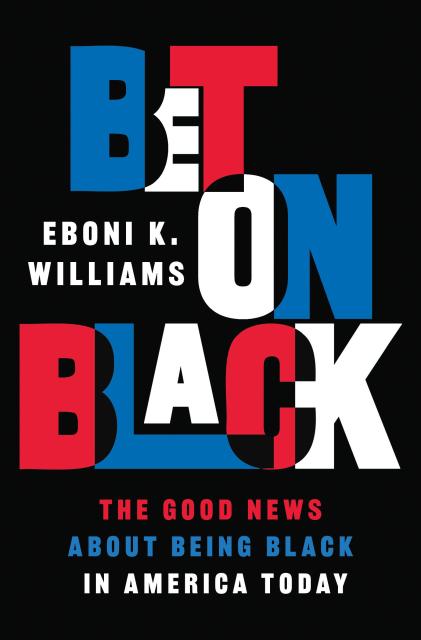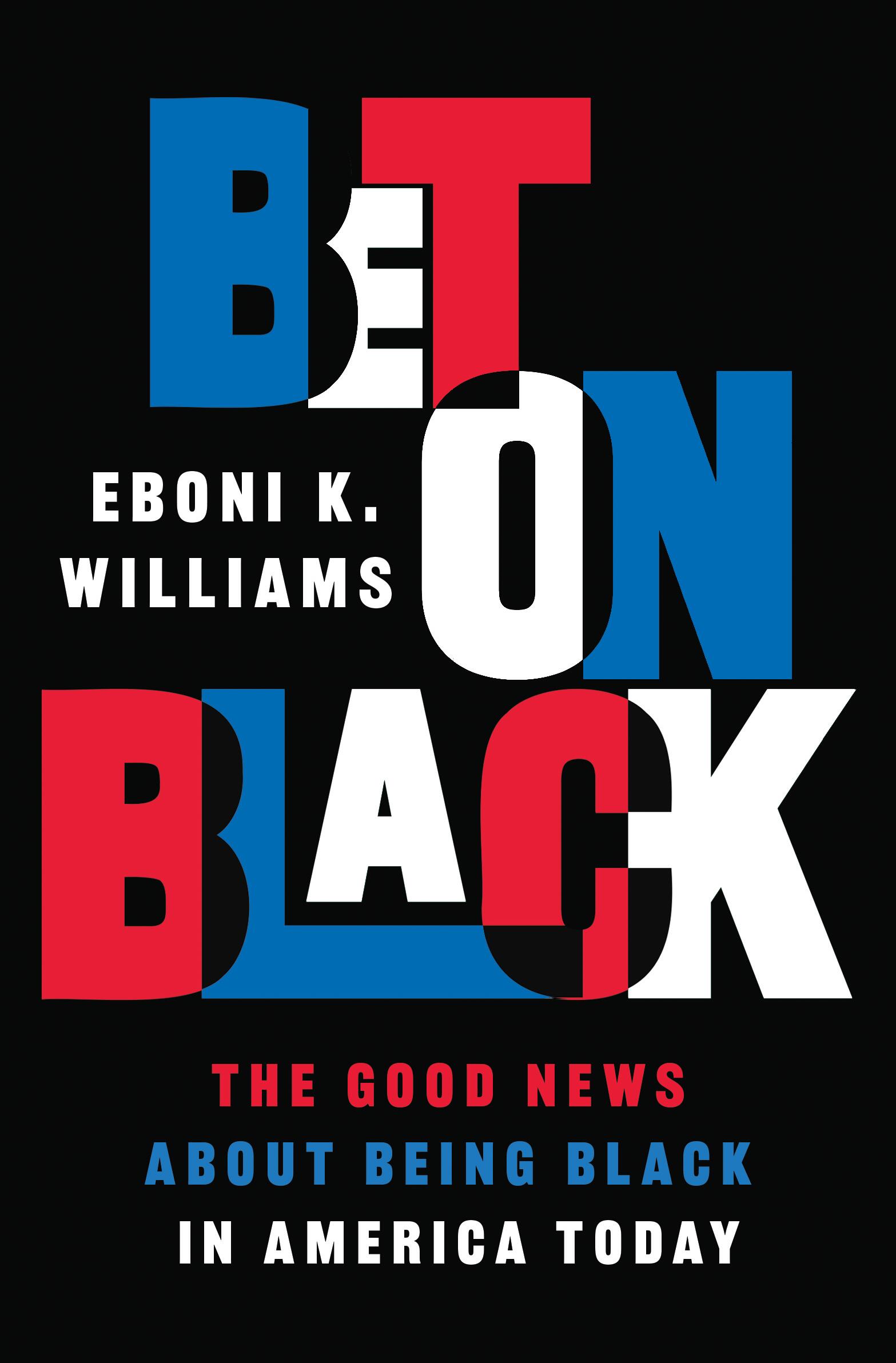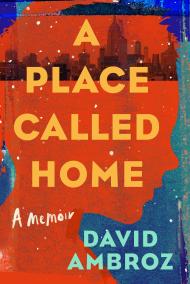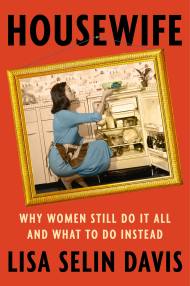By clicking “Accept,” you agree to the use of cookies and similar technologies on your device as set forth in our Cookie Policy and our Privacy Policy. Please note that certain cookies are essential for this website to function properly and do not require user consent to be deployed.
Bet on Black
The Good News about Being Black in America Today
Contributors
Formats and Prices
- On Sale
- Jul 8, 2025
- Page Count
- 256 pages
- Publisher
- Legacy Lit
- ISBN-13
- 9780306828652
Price
$21.99Price
$28.99 CADFormat
Format:
- Trade Paperback $21.99 $28.99 CAD
- ebook $15.99 $20.99 CAD
- Hardcover $29.00 $37.00 CAD
- Audiobook Download (Unabridged) $24.99
This item is a preorder. Your payment method will be charged immediately, and the product is expected to ship on or around July 8, 2025. This date is subject to change due to shipping delays beyond our control.
Buy from Other Retailers:
“Bet on Black is an illuminating account of overcoming adversity… an inspiring and hopeful narrative on Blackness.” —Bakari Sellers, New York Times bestselling author of My Vanishing Country
Bet on Black is a call to action for Black people all over the world to adopt a fresh, highly informed mindset that centers our resilience, excellence, beauty, panache, and brilliance. NAACP Image Award-winning podcast host and attorney Eboni K. Williams delves into the cornerstones of a first-class Black life, ranging from knowing one’s history, understanding the power of representation, and regularly investing in our communities and personal growth. In this book, Williams shows you how to take action to uphold Black excellence with no-holds-barred directives like:
- Don’t let anyone make you their Black sidekick
- Carry your Blackness proudly everywhere you go
- Tear apart the “diversity hire” stigma
- Stop codeswitching
- Invest in the Black community
The good news about being Black today is that we can place our experience, history, and understanding of the world front and center and let other people contend with their discomfort. With entertaining and inspiring prose combined with her personal experiences, Williams has written a manifesto that invites you on the quest to show the world what Blackness really is. Let’s spread the good news about being Black in America with an unfettered celebration of self.
-
“Bet on Black is an illuminating account of overcoming adversity and self-acceptance in America. Williams has written an inspiring and hopeful narrative on Blackness, urging readers to put a stop to longing for the white experience and instead create their own path towards success and freedom.”Bakari Sellers, New York Times bestselling author of My Vanishing Country
-
“I love this book. The title alone made me pick it up. It’s inspiring, empowering, and life-changing. Bet on Black is a poignant reminder of what my father [Malcolm X] said, ‘If you are not careful, the newspapers will have you hating the people who are being oppressed.’ Eboni K. Williams reminds us that in loving ourselves, we promote our healing and growth as a collective.”Ilyasah Shabazz, author of The Awakening of Malcolm X.
-
“Eboni K. Williams is pushing us to come for it all in this country. I felt excited reading it. I encourage anyone who is looking to expand and grow to read this account of Black life and the way forward.”Nina Parker, Emmy Nominated television host
-
"Bet on Black is perfectly timed and timeless in its message and motivation to tap into our God-given gifts as a collective community and to honor our ancestors by being intentional and purposeful in everything that we do."April D. Ryan, author of Black Women Will Save the World
-
“When I tell you at the end of Eboni K. Williams’s Bet On Black, I wanted to run out and get a tattoo that simply says, ‘BLACK & QUALIFIED!’ On every page, I found myself so damn proud to not only be Black but Blackity-Black Black!”Tyler Merritt, Author of I Take My Coffee Black
-
“Eboni K. Williams' latest shatters the lies that I've been told and believed about living in the boldness of my Blackness. This effervescent work serves as a guide and beacon of light for any Black person who has questioned themselves when the world around us often paints us into unsavory and subservient boxes. Make no mistake, this book is real, raw, unfiltered, and unapologetically Black, but also offers all the warmth, hope and light that Eboni so effortlessly radiates.”Richie Skye, pop culture expert
-
“Bet on Black is a bold, inspiring book that highlights the challenges but more importantly, the benefits of being Black in America. Reading this made me feel seen and empowered as Eboni K. Williams shares her tales of overcoming adversity and carving her own way in the world. This book is also a reminder of the power of community, embracing your identity, taking up space in the world, and becoming the most authentic version of yourself.”Damona Hoffman, host of the award-winning podcast, Dates & Mates
-
“Bet On Black is one of those rare volumes that has the capacity to change your entire worldview in a visceral and powerful way.”Bowling Green Daily News
Newsletter Signup
By clicking ‘Sign Up,’ I acknowledge that I have read and agree to Hachette Book Group’s Privacy Policy and Terms of Use






